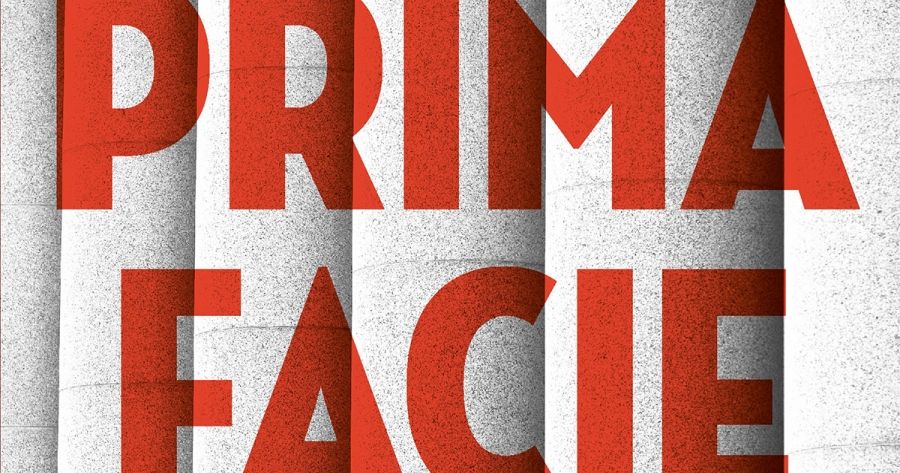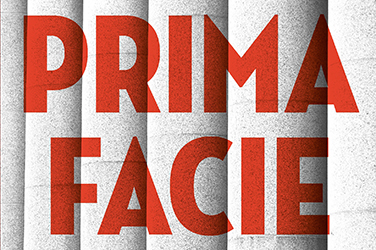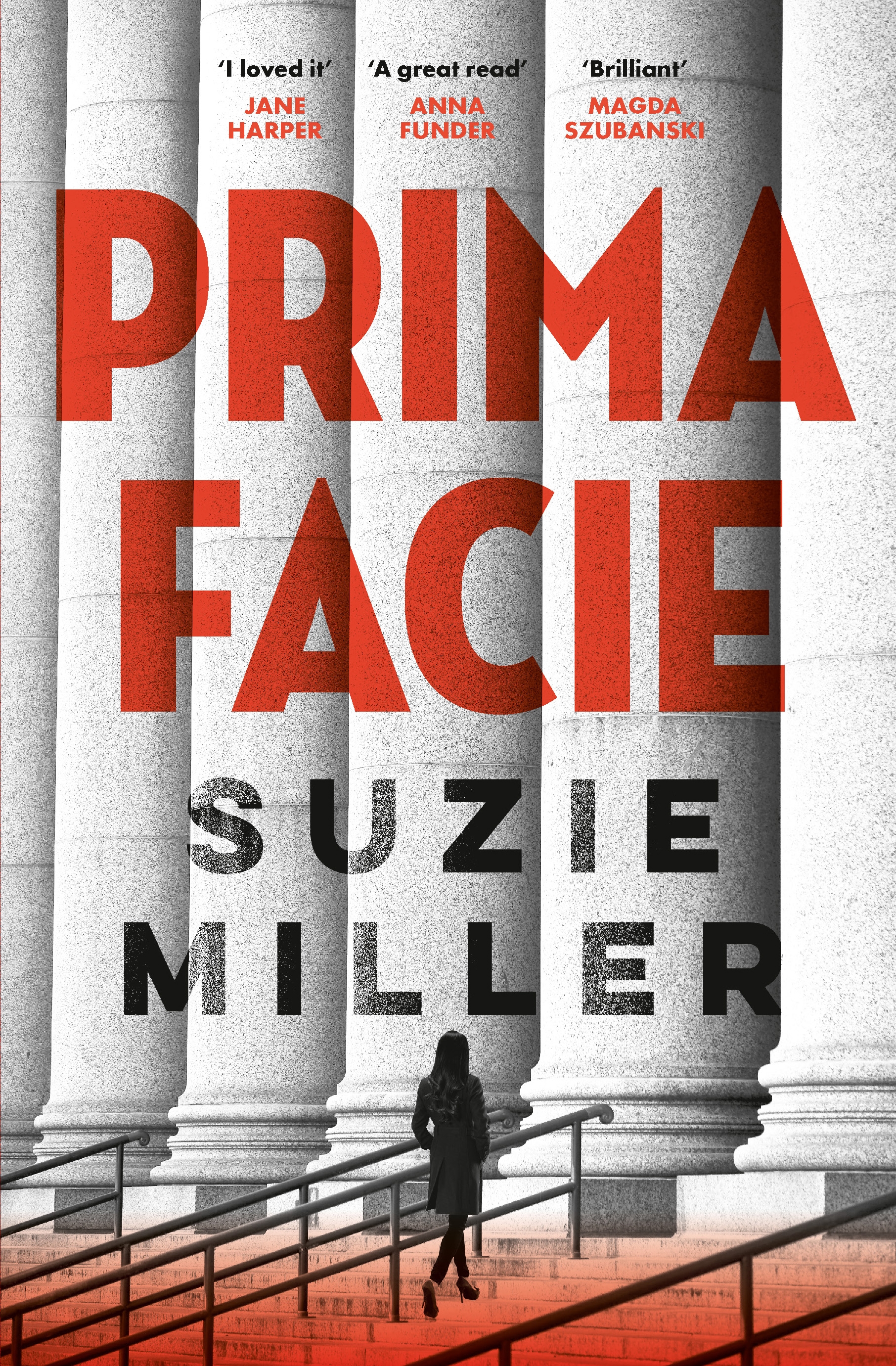
- Free Article: No
- Contents Category: Fiction
- Review Article: Yes
- Article Title: ‘If the story has holes’
- Article Subtitle: A trite adaptation of an intense play
- Online Only: No
- Custom Highlight Text:
Suzie Miller’s play Prima Facie is one of Australia’s most celebrated literary exports of recent years. After an award-winning run of performances in Australia, a production helmed by Killing Eve star Jodie Comer triumphed in London’s West End and on Broadway, garnering deserved accolades for Comer as well as a coveted Olivier Award for Best New Play in 2023.
- Featured Image (400px * 250px):

- Alt Tag (Featured Image): Diane Stubbings reviews 'Prima Facie' by Suzie Miller
- Book 1 Title: Prima Facie
- Book 1 Biblio: Picador, $34.99 pb, 339 pp
- Book 1 Cover Small (400 x 600):

- Book 1 Cover (800 x 1200):

There is little sense of such explorations in Prima Facie, the novel. In fact, Miller takes what was an intense and impassioned night of theatre and stretches it to such an extent that it becomes slack, trite, and utterly lifeless. Miller rarely gets below the surface layer of her protagonist’s story, rarely probes its contradictions, rarely touches on the thing David Malouf has argued is the imperative of any novel – the protagonist’s inner life. She gives us not a narrative but a protracted monologue.
 Suzie Miller, 2022 (via Wikimedia Commons)
Suzie Miller, 2022 (via Wikimedia Commons)
At the heart of Prima Facie is a simple yet dramatically clever idea. Tessa Ensler, a female barrister renowned for her defence of men charged with sexual assault, finds herself on the other side of the courtroom when she makes an allegation of rape against a fellow barrister. The classic trope of the individual forced to ‘swallow their own medicine’ is here embellished by Tessa’s impoverished childhood – she has triumphed in law against all the odds – and her passionate defence of the precept ‘innocent until proven guilty’: ‘Test [the law]. Test it. If the story has holes, then point them out … if a few guilty people get off, then it’s because the police or the prosecutors … didn’t do their job well enough.’
The fatal weakness of Prima Facie is that Miller does little more than plump out the pages of the novel with Tessa’s incessant repetition of this mantra (at least until that point in the plot where Tessa goes to the police with her allegation, when it is conveniently sidelined). Similarly, we are frequently reminded of Tessa’s unlikely rise from bright girl living on a housing estate to sought-after defence barrister: ‘I felt my background and it didn’t feel good … I felt drenched in embarrassment … I learnt something. Not only that I didn’t belong, but that I didn’t even know the ways I didn’t.’ More than once we are told that Tessa carries her wig not in one of the expensive tins supplied by the eminent firm of Ede & Ravenscroft, but in one of her mother’s old Tupperware containers.
A measure of sustained access to the voice of Tessa’s alleged rapist – something more than a fleeting encounter by the photocopiers – would have afforded Tessa’s canonisation, her emblematic status as martyr for the #MeToo movement, much-needed resistance. If Miller’s justification for the perpetrator’s effective absence from the latter half of the novel is that, by refusing to account for himself inside the court, he has lost the right to defend himself outside it, then she might instead have forced Tessa to encounter one of the women whose own accusation of rape Tessa dismantled while playing ‘the game of law’. Tessa acknowledges that ‘women are as bad, sometimes worse, at believing other women when they report a sexual assault’ without ever recognising her own culpability.
The apotheosis of the novel is the condemnation of the law Tessa unleashes during the final stages of her testimony: A woman’s experience of sexual assault does not fit the male-defined system of truth, so it cannot be truth, and therefore there cannot be justice.’ The irony of this last-gasp broadside – given all Tessa has previously said about the defence’s central role in the execution of justice – is never examined, not by Tessa and certainly not by Miller. Tessa might come away from this experience learning much about the fallibility of the law, but she has learned nothing about herself.
Prima Facie amplifies the flaws in Miller’s original play, in particular the cursory nature of her examination of consent and ‘date rape’. The novel gives us the same broad brushstrokes, the same reluctance to explore the inconsistencies in Tessa’s attitude towards the law and justice. Moreover, without the emotional layers an actor brings to the words, the novel lacks authenticity, Tessa and the other characters operating merely as ciphers declaiming Miller’s obvious polemic. To invert Hilary Mantel’s definition of a novel, Prima Facie asks few questions, but nevertheless has all the answers.


Comments powered by CComment